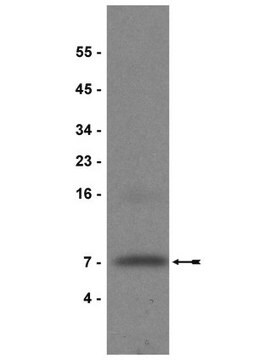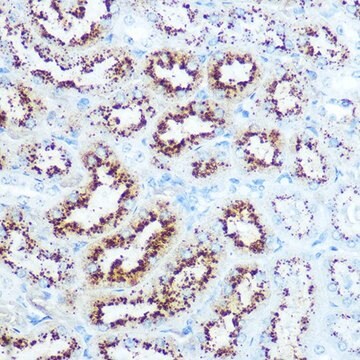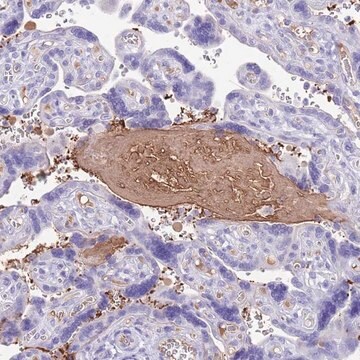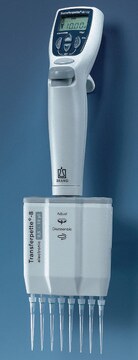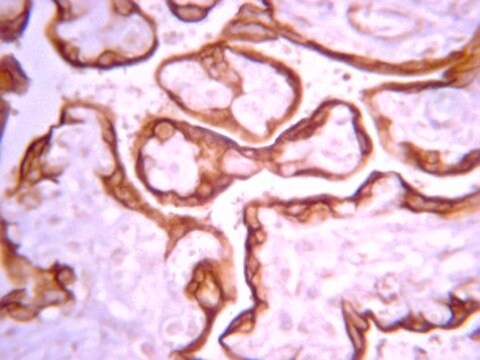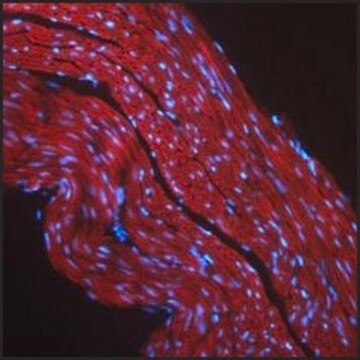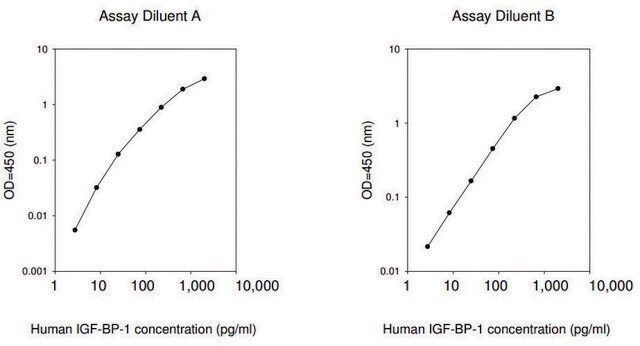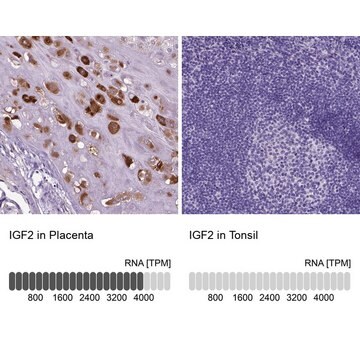SAB3600001
Anti-IGF-1 antibody produced in goat
affinity isolated antibody, lyophilized powder
Sinonimo/i:
Anti-Insulin-like Growth Factor-I
About This Item
Prodotti consigliati
Origine biologica
goat
Livello qualitativo
Coniugato
unconjugated
Forma dell’anticorpo
affinity isolated antibody
Tipo di anticorpo
primary antibodies
Stato
lyophilized powder
Reattività contro le specie
human
tecniche
immunocytochemistry: 5-15 μg/mL
immunohistochemistry (formalin-fixed, paraffin-embedded sections): suitable
western blot: 0.1-0.2 μg/mL
applicazioni
research pathology
Temperatura di conservazione
−20°C
Informazioni sul gene
human ... IGF1(3479)
Descrizione generale
Immunogeno
Applicazioni
Azioni biochim/fisiol
Stato fisico
Esclusione di responsabilità
Non trovi il prodotto giusto?
Prova il nostro Motore di ricerca dei prodotti.
Codice della classe di stoccaggio
13 - Non Combustible Solids
Classe di pericolosità dell'acqua (WGK)
WGK 1
Punto d’infiammabilità (°F)
Not applicable
Punto d’infiammabilità (°C)
Not applicable
Scegli una delle versioni più recenti:
Possiedi già questo prodotto?
I documenti relativi ai prodotti acquistati recentemente sono disponibili nell’Archivio dei documenti.
Il team dei nostri ricercatori vanta grande esperienza in tutte le aree della ricerca quali Life Science, scienza dei materiali, sintesi chimica, cromatografia, discipline analitiche, ecc..
Contatta l'Assistenza Tecnica.
